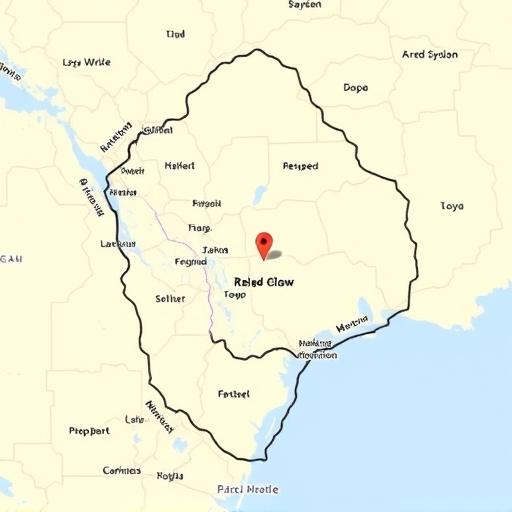Understanding Aluminum Tube Air Intake Systems Durability: Material thickness is crucial for designing robust aluminum tube air intake systems, impacting performance, strength, and pressure resistance. Thicker aluminum ensures superior structural integrity, withstands extreme conditions, maintains smooth airflow, reduces vibration, prevents metal fatigue, and minimizes failure risk over time. Durability also depends on design complexity, manufacturing quality, and maintenance, with thicker tubes offering better corrosion, denting, and cracking resistance. Strategic material thickness variations in automotive engineering boost performance and longevity, balancing airflow dynamics for power optimization against structural integrity to extend system lifespan.
In the realm of automotive engineering, material thickness variations play a pivotal role in enhancing the durability of aluminum tube air intake systems. This article delves into the intricate relationship between material thickness and the performance of these crucial components. We explore how nuanced adjustments in thickness can significantly impact the longevity of air intake systems, specifically focusing on aluminum tubes. By understanding the factors affecting durability, we uncover strategies to optimize performance, ensuring efficient and reliable engine operation.
- Understanding Material Thickness and Its Impact on Aluminum Tube Air Intake Systems
- Factors Affecting Durability in Air Intake Components
- Enhancing Performance and Longevity Through Thickness Variations
Understanding Material Thickness and Its Impact on Aluminum Tube Air Intake Systems

Understanding Material Thickness is paramount in crafting effective Aluminum Tube Air Intake Systems, as it directly influences their performance and longevity. The thickness of the aluminum tube plays a significant role in determining the system’s overall durability, strength, and resistance to pressure differentials. Thicker material offers greater structural integrity, enhancing the air intake system’s ability to withstand extreme conditions, such as high-performance driving or harsh weather.
In the context of aluminum tube air intake systems, material thickness variations can significantly impact airflow dynamics and efficiency. Adequate thickness ensures smooth airflow without excessive vibration or metal fatigue, contributing to consistent engine performance and reduced risk of failure over time. Thus, choosing the right material thickness is crucial for maximizing both the functionality and durability of these high-performance components.
Factors Affecting Durability in Air Intake Components

The durability of aluminum tube air intake systems is influenced by several key factors. One of the primary considerations is material thickness, which plays a significant role in determining how well the system can withstand environmental conditions and mechanical stress over time. Thicker aluminum tubes offer greater resistance to corrosion, denting, and cracking, ensuring optimal performance and longevity.
Additionally, the design of the air intake system itself contributes to its overall durability. Complex designs with intricate components may face challenges due to increased points of potential failure. Simple, streamlined designs that minimize sharp edges and optimize airflow tend to be more durable. Moreover, the quality of manufacturing processes, including precision in cutting and joining techniques, directly impacts structural integrity and longevity. Regular maintenance and cleaning also play a crucial role in preserving aluminum tube air intake systems’ durability by preventing the buildup of contaminants that could compromise their performance.
Enhancing Performance and Longevity Through Thickness Variations

In the realm of automotive engineering, material thickness variations play a pivotal role in enhancing both performance and longevity, especially in components like aluminum tube air intake systems. By meticulously controlling the thickness of the tubes, manufacturers can significantly impact airflow dynamics, ensuring optimal fuel mixture and engine power. Thinner walls allow for reduced restrictions, enabling faster flow of cool air into the engine, which is crucial for high-performance vehicles.
Moreover, variations in thickness contribute to improved durability. Thicker sections provide enhanced structural integrity, resisting deformation under stress and extreme conditions, such as intense heat or road debris impact. This meticulous design choice not only extends the lifespan of the air intake system but also maintains consistent performance throughout its service life, ensuring that aluminum tube air intake systems deliver top-tier efficiency and reliability for years to come.
Material thickness variations play a pivotal role in enhancing the durability of aluminum tube air intake systems. By understanding how different thicknesses impact performance and longevity, engineers can optimize designs for superior efficiency. Through strategic adjustments, manufacturers can ensure these components withstand the rigors of various driving conditions, contributing to overall vehicle performance and reducing maintenance needs. This tailored approach to material selection is key in maintaining the health of aluminum tube air intake systems over their service lives.














